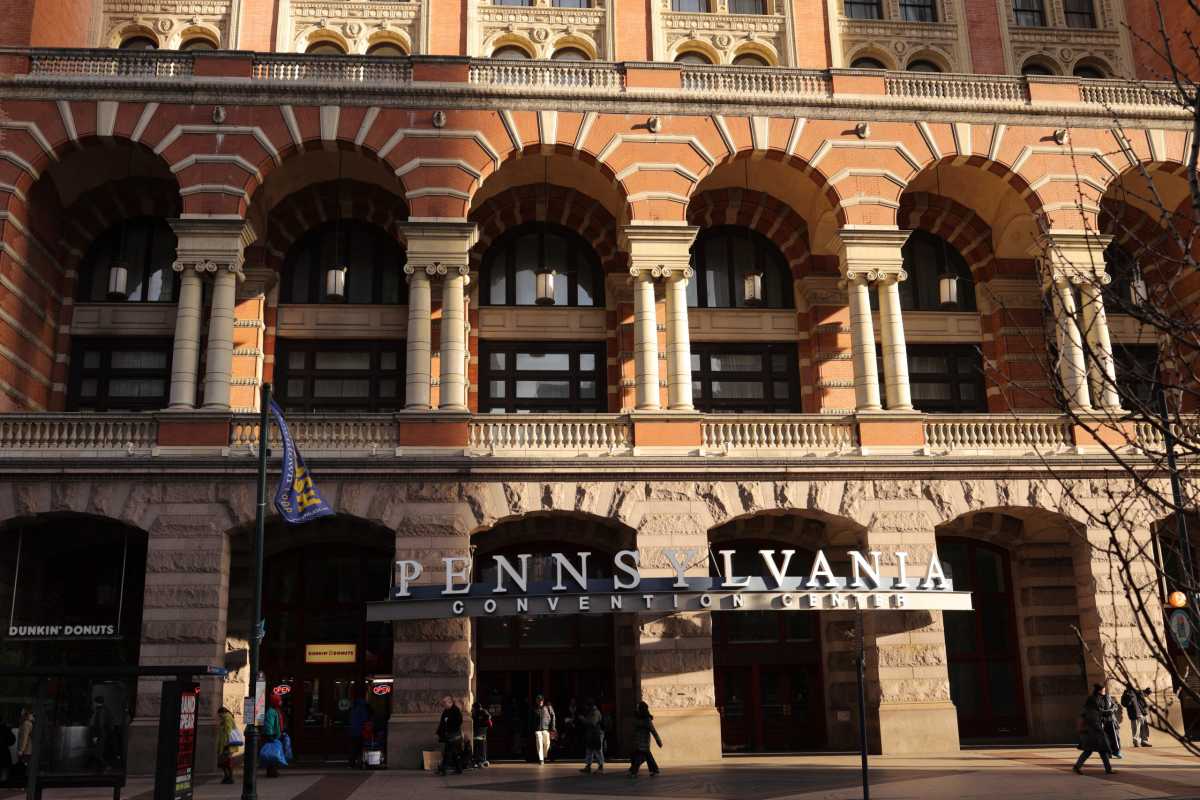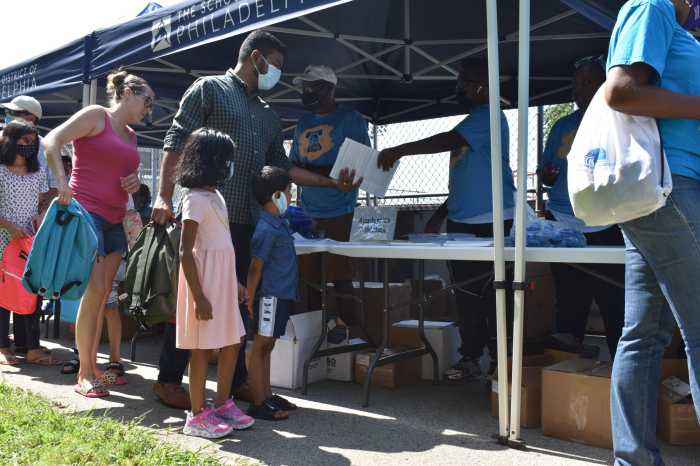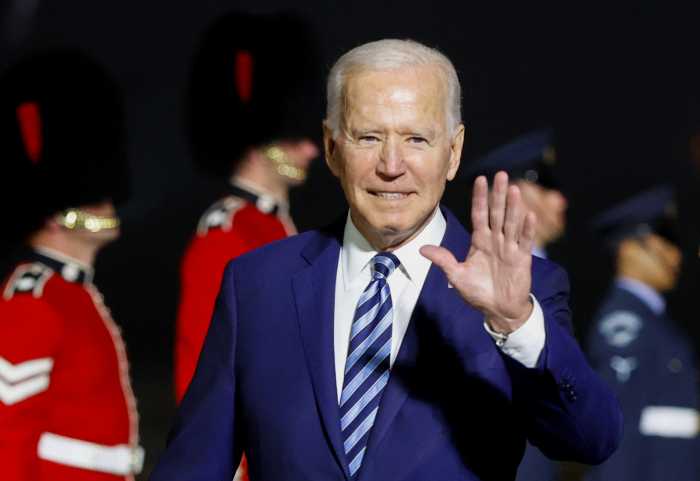Large gatherings, such as conventions and expos, can proceed safely, provided certain COVID-19 protocols are in place, a pair of experts told Philadelphia-based event organizers Tuesday.
The virtual session was hosted by the Philadelphia Convention and Visitors Bureau, the city’s tourism agency and booker for Center City’s Pennsylvania Convention Center.
In August, the Convention Center, which had served as a coronavirus inoculation site early in the vaccine roll-out, hosted its first major gathering since March 2020.
And last week, the Natural Products Expo East brought 15,000 attendees to the facility, the largest event since the onset of the pandemic, according to PHLCVB’s Kavin Schieferdecker, adding that organizers implemented an “extremely thorough safety plan.”
“We can safely here as a country have large events with the proper protocols in place and with the attendees being vaccinated,” said Dr. Leonard Friedland, vice president at GSK Vaccines.
Friedland and Dr. David Nash, dean emeritus at Jefferson’s College of Population Health, seemed encouraged by Philadelphians’ mask use and the city’s relatively high vaccination rate (84% of adults are at least partially vaccinated).
Both agreed that vaccine requirements are vital for larger gatherings, saying COVID-19 is really now a “pandemic of the unvaccinated.”
So-called ‘breakthrough’ cases are rare, according to city data released earlier this month, and 96.5% of virus-related hospitalizations and 98% of deaths since January have occurred in unvaccinated individuals.
Nash advised event planners to construct layers of protections, utilizing vaccine requirements, masking, testing and distancing.
An area of concern continues to be children under the age of 12, who are not yet eligible for a shot.
The American Academy of Pediatrics cancelled a planned convention that was scheduled to be held in Philadelphia next month because doctors were concerned about traveling when they deal with mostly unvaccinated patients, Schieferdecker said.
“If things go well, I would think it’s possible that there’ll be at least one of the COVID vaccines authorized for use in children from five to 11 by Halloween,” Friedland said.
That could be the turning point, both doctors said. Nash estimated that, while COVID-19 will still exist, it may be in the rear view mirror by March or April.
“By everything that I can assess by the experts all over the world, this will become background music, endemic — however you like to describe it — and we will live with it,” he said.






























